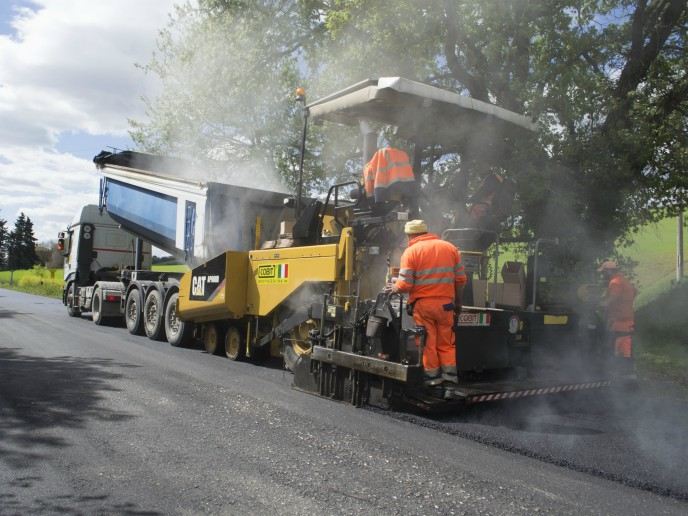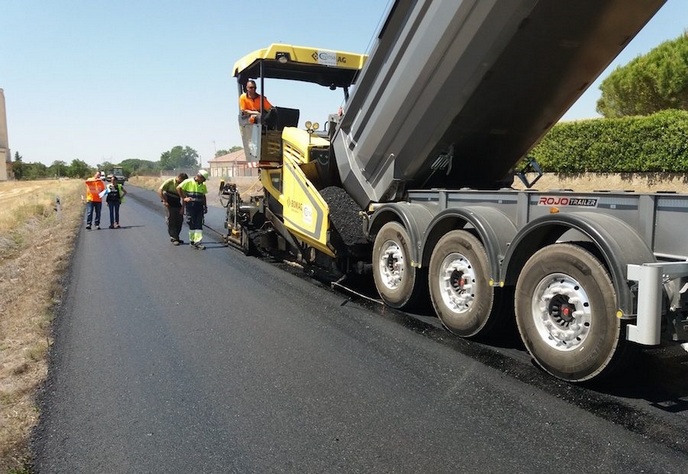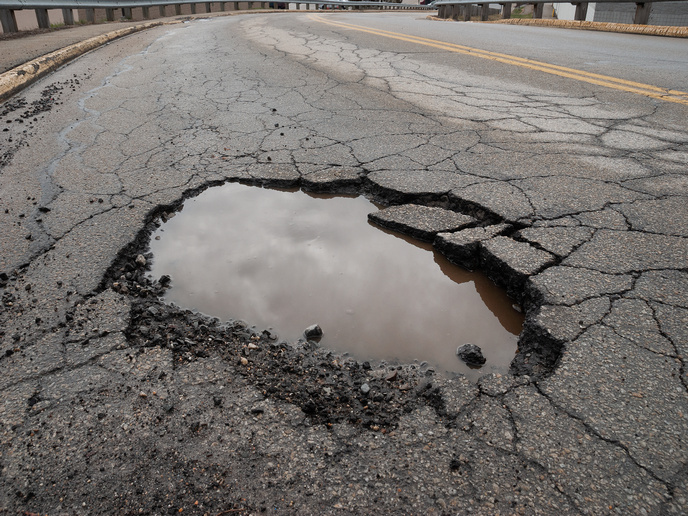Innovative method recycles old tyres into road bitumen
An average car might go through six or more sets of tyres over its lifetime. In Europe alone, this amounts to about 3.2 million tonnes of tyres discarded every year. Although Europe now recovers most of this, until recently discarded tyres ended up in landfill, where nearly 6 million tonnes remain. Leakage of toxic liquid from landfill represents a serious environmental problem. Furthermore, in Europe, only about 45 % of recovered tyres is recycled. This reflects inadequate technologies and the unprofitability of recycling. The remainder is burned for energy production, posing an even more serious environmental problem. All these issues point to the need for Europe to find a better way of recycling old tyres. The EU-funded ECOMOBI(opens in new window) project developed a solution that incorporates rubber from end-of-life tyres (ELTs) into road bitumen. The method effectively recycles rubber while also improving bitumen compared to traditional mixtures.
Bitumen additives
High-performance paving-grade bitumen needs additives. Without them, bitumen wears out quickly, suffers deformation plus poor mechanical performance, and is vulnerable to temperature extremes. Several additives have been developed in recent decades. One, styrene-butadiene-styrene (SBS), is an elastomer that improves bitumen consistency and storage stability in superior ways to other additives. That is why SBS has until now been the main bitumen modifier in use. ECOMOBI’s new recipe, called RD PRENE, replaces SBS with a compound containing ELT rubber. ELT rubber is cheaper than SBS and can be used in conjunction with other modifiers. RD PRENE is processed in the same way as traditional bitumen mixtures. “Explained briefly,” says project coordinator Roberto Cardinali, “RD PRENE rubber is mixed into bitumen tanks until it is melted and dispersed.”
Road testing
After researchers finalised the formulation and production of the new mixture, the team tested it in realistic conditions. Trials involved bridge joints and two sections of road in the Marche region of Italy(opens in new window). Testing showed that RD PRENE also performs better than SBS mixtures. RD PRENE extends road service life and reduces traffic noise. The energy costs of making bitumen with ELT rubber are also lower than those for using SBS. “Our technology is an effective and efficient way to use ELTs in bitumen modification,” states Cardinali, “reaching at least the same technical performance and reducing costs compared to conventional methods.” Additionally, replacement of SBS as a bitumen modifier throughout Europe would save up to 3 000 t of CO2 pollution each year. Project results attracted attention, leading to numerous pilot customers and trial orders. This constitutes a significant success for the project. Researchers have been working with customers to fine tune the formulation according to individual needs and technical requirements. For example, the project team can adapt the process depending on the customers’ existing equipment. This also maximises the benefits of RD PRENE. In addition, the team is expanding its commercial network and seeking new customers, while trying to increase the number of potential applications. ECOMOBI and RD PRENE represent a double-win. The new mixture puts old tyres to good use. It also performs better than conventional formulations, is cheaper to make and is better for the environment. Europeans can expect to see a lot of it in future.





